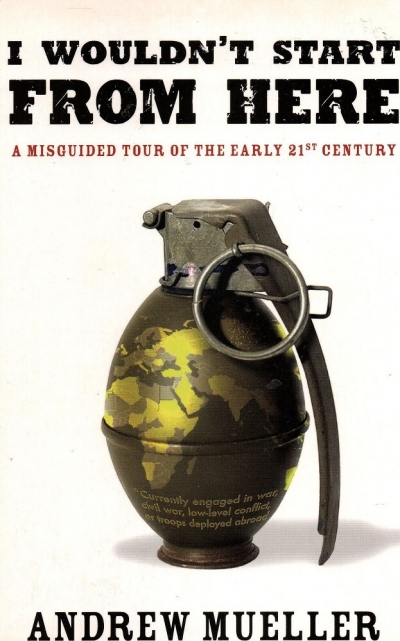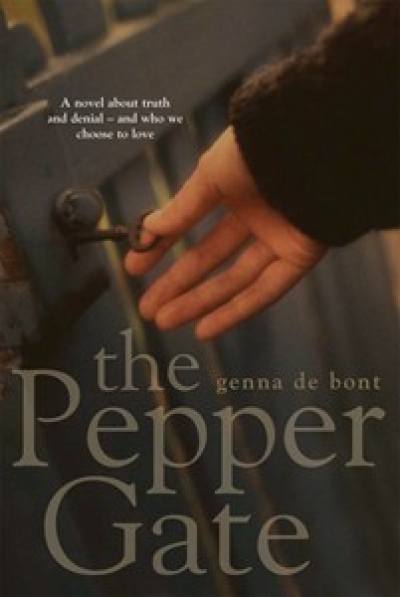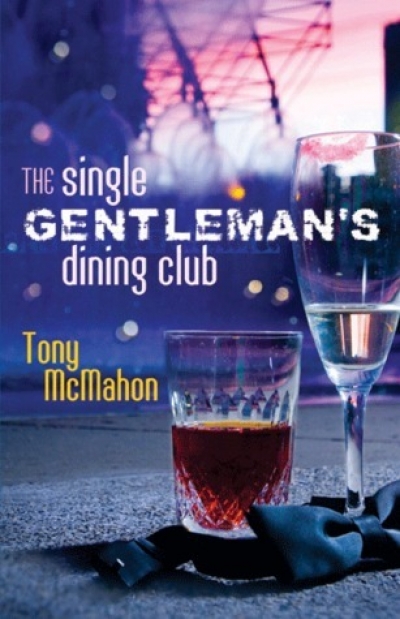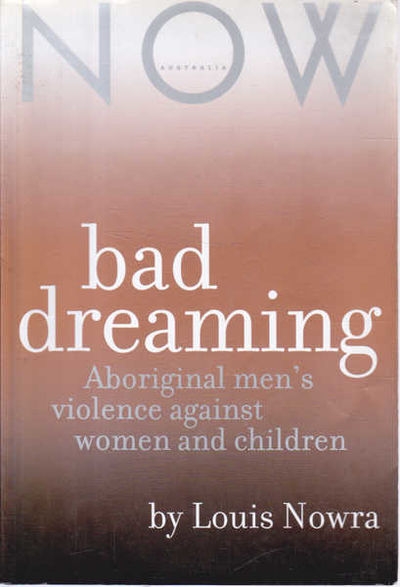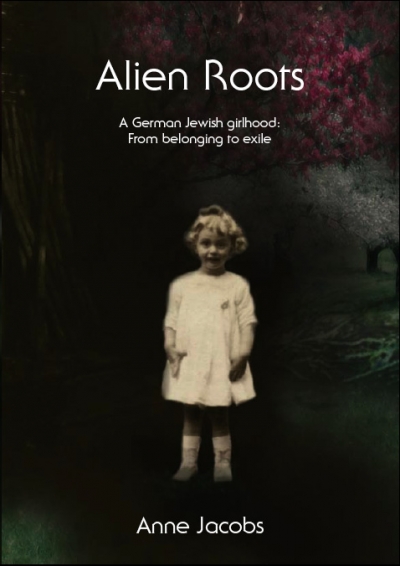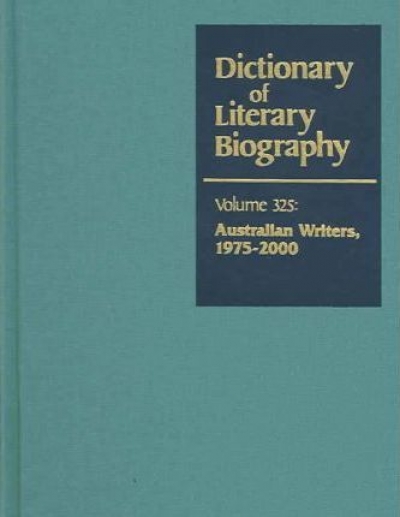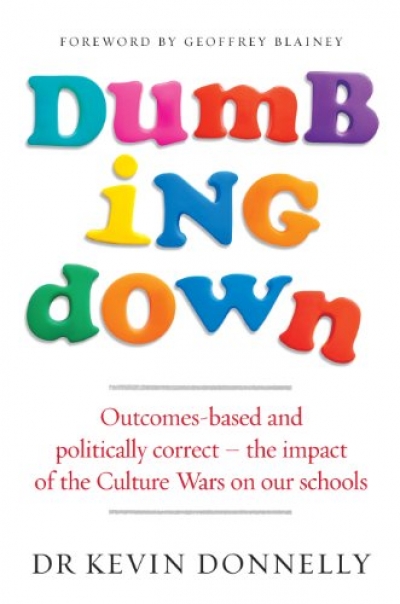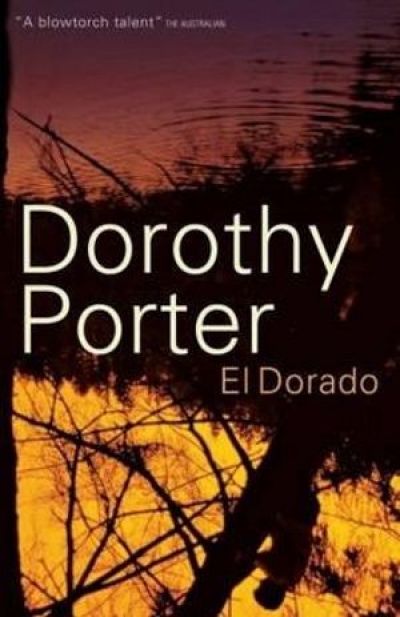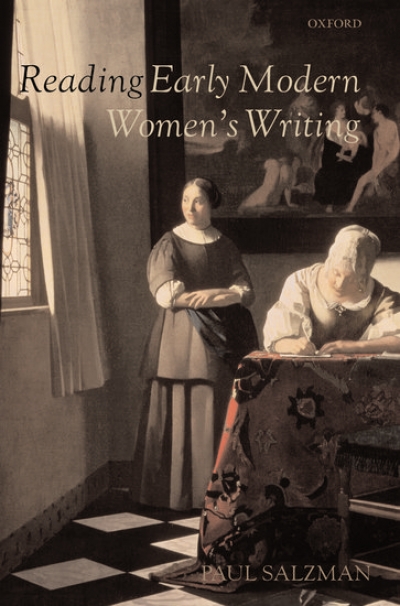Archive
I Wouldn't Start From Here: A Misguided tour of the early 21st century by Andrew Mueller
by Dan Toner •
...
Bad Dreaming: Aboriginal men's violence against women and children by Louis Nowra
by John Hirst •
Alien Roots: A German Jewish girlhood: from belonging to exile by Anne Jacobs
by Carol Middleton •
Dictionary of Literary Biography, Volume 325: Australian writers, 1975–2000 edited by Selina Samuels
by Paul Brunton •
Dumbing Down: Outcomes-based and politically correct – the impact of the culture wars on our schools by Kevin Donnelly
by Ilana Snyder •

